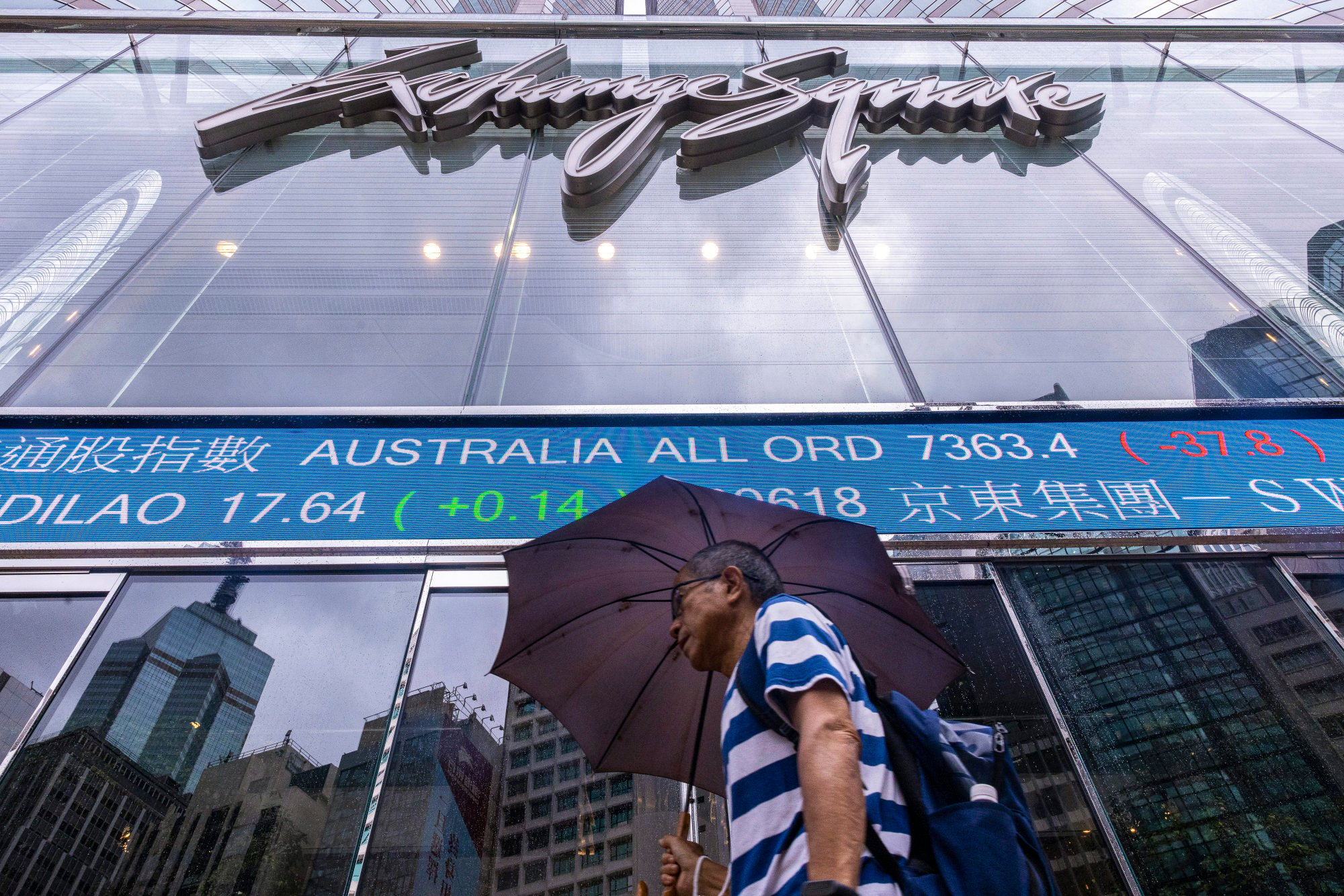
Hong Kong’s role as China’s only global financial hub must be cherished and protected
- In the Global Financial Centres Index, Shanghai is ahead of Sydney, Seoul, Tokyo, Frankfurt and Mumbai, but still below New York, London, Singapore and Hong Kong
- Economic and trade power is not enough, as a global financial centre also requires rule of law, the free flow of information and money
There was a brief moment in history when Beijing thought it might be China’s time to take over certain global capitalist functions after the fall of Lehman Brothers. The logic was that, since the centre of gravity for economic growth and trade had shifted from the West to China, it would only be a matter of time before financial activities relocated to this side of the world – and Hong Kong alone might not be enough.
In this atmosphere, China’s top financial officials and the municipal authority of Shanghai designed the Lujiazui Forum, an annual gathering of the who’s who in China’s banking, securities and insurance industries, to mingle with their counterparts from the West. It was meant to send a message about China’s ambitions in playing a bigger role in global financial affairs. As part of the grand plan, Shanghai was supposed to regain its long-lost glory as the No 1 choice in the Far East for cross-border money deals.
As a reporter covering the first Lujiazui Forum in 2008, and a few others in the following years, I still remember the optimism around making Shanghai “an international financial centre” by 2020. It was almost taken for granted that the city, with the impressive Bund alongside the Huangpu River and rising skylines on the Pudong side, was destined to redefine the international financial landscape. At the time it seemed that every speaker, from officials in Beijing to visiting delegates from Wall Street, had little doubt about that.
Hong Kong’s top finance officials flex city’s offshore yuan hub muscles
The only voice of doubt I heard was in a private conversation during the tea break, when a professor from a local school said that Shanghai’s dream would stay alive only in the venue of the Shangri-La Hotel if the city had to seek regulatory approval from Beijing for every tiny business change. The remark was memorable probably because it was quite a contrarian view at the time.
Fifteen years later, Shanghai’s financial industry has become much larger, and the city can call itself an international financial centre by many yardsticks. In the latest Global Financial Centres Index, Shanghai ranked No 7, beating Sydney and Seoul, Tokyo and Mumbai, as well as Frankfurt and Zurich. But it is still below New York, London, Singapore and Hong Kong.
Shanghai’s quest for its global financial hub role over the last 15 years has seen many notable achievements. China’s growing economic and trade might has, without a doubt, contributed to Shanghai’s rising importance on the world’s financial map, and Shanghai’s position is likely to edge up further if the country’s economy keeps growing. Likewise, for Hong Kong to continue its prosperity, the city has to put its hopes on a thriving Chinese economy.
But economic and trade power is not enough, as a global financial centre also requires rule of law, the free flow of information and money. In this regard, Shanghai, behind China’s Great Firewall and under capital account controls, is unable to rival Hong Kong, although it is embedded deeper within China’s economic machine.

The formation of a financial centre is often the result of market forces rather than a government plan. Most cities would like to become “international financial centres” if they could, but it is very hard to achieve that even with massive investment. China’s northern city of Tianjin, for instance, had publicly dreamed of making its Yujiapu district “the Manhattan of Northern China” by erecting dozens of skyscrapers, but it largely remains a shell without the support of the financial market.
As China embraces a dual circulation development strategy and highlights national security in its work agenda, there has been a subtle change in Beijing’s positioning of Shanghai. The city hopes to be a financing vehicle for China’s technological upgrade and a testing ground to control financial risks.
As such, Hong Kong will remain the only true global financial centre for China in the foreseeable future, and this role should be cherished and protected. Any actions that might jeopardise Hong Kong’s rule of law as well as the free flow of information should be discouraged.

